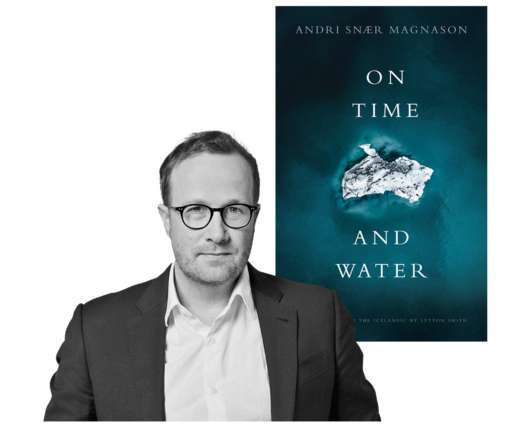Ocean Conservation: Ocean Acidification and the Impacts of Fish Migration
Green Tech Challenge
JULY 10, 2019
Put simply, ocean acidification is the imbalance of chemical content in ocean water; whereby there is increased acidity, and upward temperature changes. The ocean has experienced a 26% pH drop in the last century. Ocean acidification has negative effects on sea-life and the ecosystem.

















Let's personalize your content